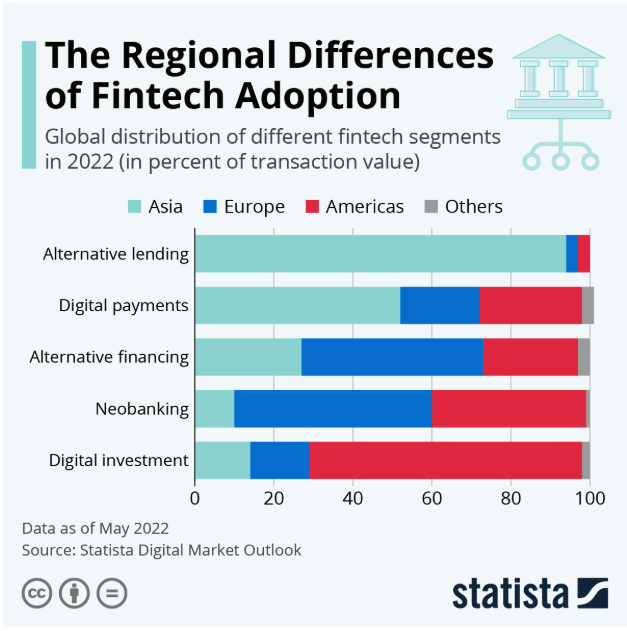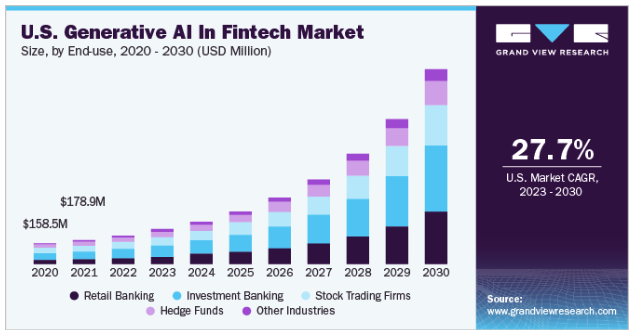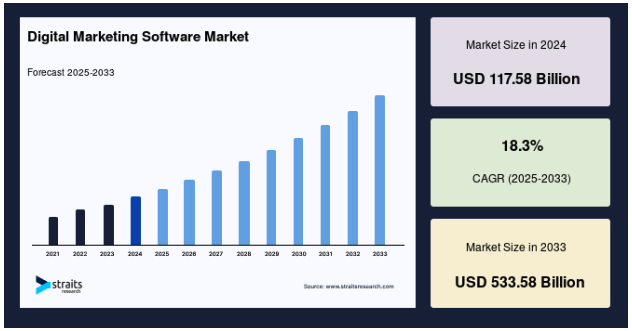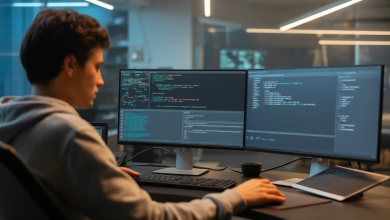The modern SEO industry is undergoing the biggest transformation in its entire history.
Search engine algorithms are becoming intelligent, content is being created with the help of neural networks, and data analysis is carried out in real time.
Artificial intelligence has ceased to be an auxiliary tool — it has become the core of the digital ecosystem, defining what business promotion will look like in the coming years.
From the perspective of SEO, AI solves three fundamental tasks:
– understanding the user’s search intent;
– creating relevant content;
– optimizing strategies based on data.
This combination forms a new philosophy of digital marketing — smart promotion, where humans and machines work in sync.
1. AI as the engine of search algorithm evolution
Google and other search engines are already actively using artificial intelligence to improve search quality.
Algorithms such as BERT, MUM, and RankBrain analyze the meaning of queries and their context, which requires specialists to work more deeply with content and site structure.
AI makes SEO more human-centered:
– search engines “understand” language and user intent;
– content is evaluated not only by keywords but also by meaning;
– user experience becomes the main ranking factor.
2. Automating SEO Processes with AI
Automation has transformed the SEO landscape.
Modern tools such as SurferSEO, NeuronWriter, and Semrush AI use machine learning to analyze competitors, generate content, and select optimal keywords.
The advantages of automation are obvious:
– data analysis accelerated dozens of times;
– minimization of human errors;
– continuous self-learning of systems.
AI allows specialists to focus not on routine tasks but on strategic ones: brand positioning, UX, and communication.
3. Generative AI and Next-Generation Content
The emergence of generative models such as GPT-4 and Claude has opened a new era in SEO content.
Now texts, visuals, and even metadata can be generated automatically, but under strict analytical control.
AI analyzes search trends, user intent, and the quality of existing content, after which it creates materials that best meet audience expectations.
An important direction is AI Content Optimization, where content is not only created but also dynamically updated depending on user behavior.
4. Personalization and User Behavior Analysis
AI makes it possible to analyze millions of signals in real time — from time on page to scroll depth.
These data form personalized SEO strategies where each user is shown relevant content.
Thanks to predictive analytics, companies can predict in advance which content will convert better and automatically adapt pages.
AI turns SEO from merely a tool for attracting traffic into a system of intelligent interaction with the customer.
5. The Human Factor in the Age of Artificial Intelligence
Despite automation, the role of the SEO specialist does not disappear.
On the contrary, their tasks become more intellectual:
– competitor strategy analysis;
– data interpretation;
– management of AI tools.
AI can generate content, but it cannot replace human intuition, creativity, and strategic thinking.
Therefore, the future of SEO is a collaboration between humans and AI, where the specialist sets the direction and the algorithm performs precise optimization.
Conclusion
Artificial intelligence transforms SEO from a set of technical practices into a comprehensive intelligent system.
Instead of merely selecting keywords, AI analyzes meaning, emotions, and user behavior, creating personalized solutions for each business.
Companies that integrate AI into their SEO strategy gain significant advantages:
– cost reduction;
– acceleration of data analysis;
– increased forecasting accuracy;
– enhanced audience engagement.
The future of SEO is a symbiosis of technology and human thinking, where artificial intelligence becomes not a replacement but a partner of humans in creating effective digital strategies.
References
- Search Engine Journal. AI-Driven SEO Trends 2024.
- Deloitte Digital. Automation and Machine Learning in Marketing. 2025.
- HubSpot. AI Content Optimization Report 2024.
- PwC Analytics. Predictive Personalization in Digital Marketing. 2024
- McKinsey Digital. Human and AI Collaboration in SEO. 2025.






